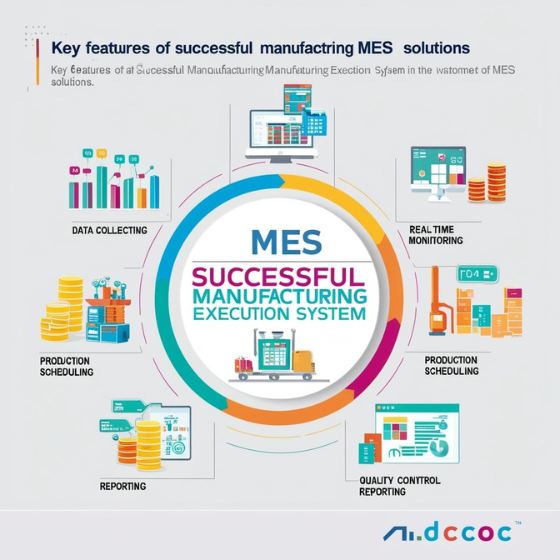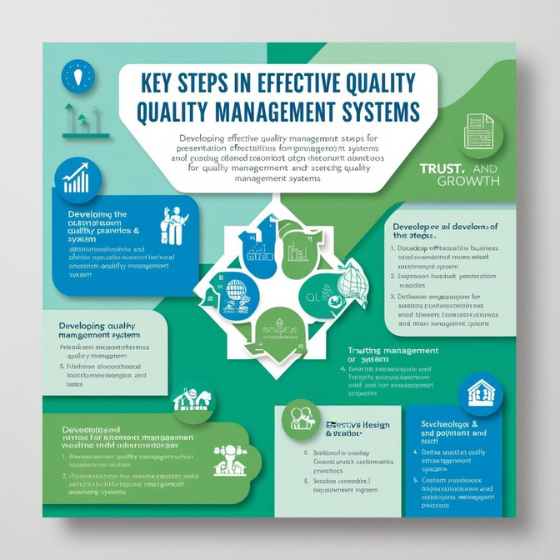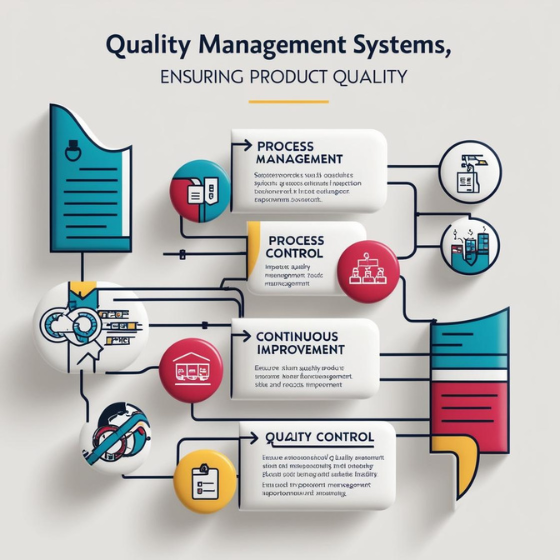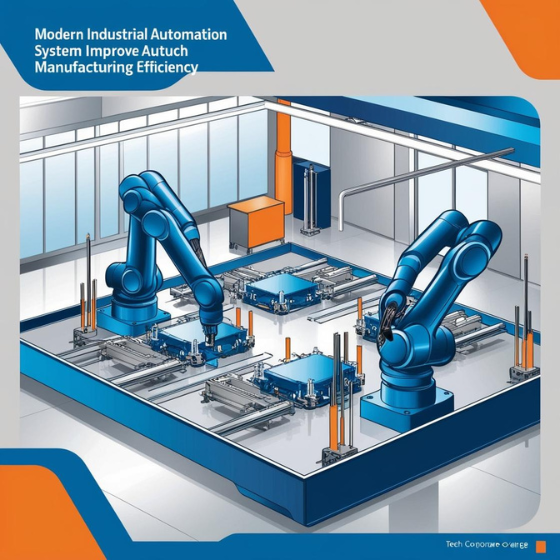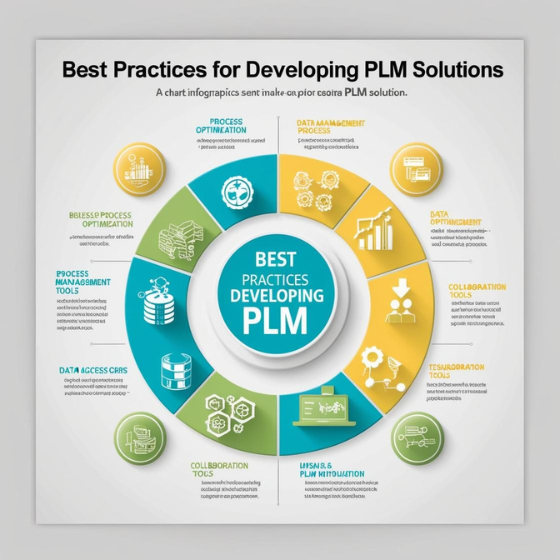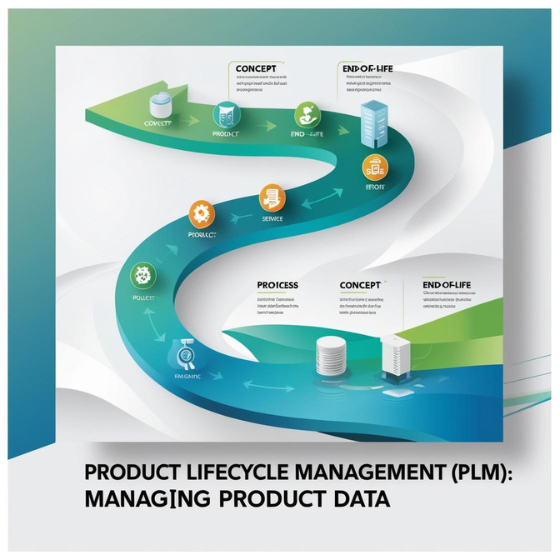Key Features of Successful MES Solutions
Introduction
In today’s competitive manufacturing landscape, efficiency and precision are essential. Manufacturing Execution Systems (MES) have emerged as a vital tool to bridge the gap between the shop floor and enterprise-level systems, driving productivity and ensuring seamless operations.
But what separates a successful MES solution from the rest? In this blog, we’ll explore the key features of successful MES solutions, their role in manufacturing success, and actionable insights to help you implement the right system for your operations.
Why Key Features Matter in MES Solutions
The effectiveness of an MES depends on its ability to address specific manufacturing challenges. A successful MES solution integrates essential processes, provides real-time insights, and enhances productivity across all stages of production.
Pro Tip: Look for MES solutions that align with your unique manufacturing needs to maximize ROI and operational efficiency.
1. Real-Time Data Collection and Monitoring
Importance of Real-Time Insights
Real-time data collection allows manufacturers to monitor production processes as they happen, enabling quick decisions to prevent downtime or inefficiencies.
Features to Look For:
- Real-time dashboards displaying critical KPIs.
- Alerts for deviations in production metrics.
- Integration with IoT devices for live updates.
Example: A beverage company reduced unplanned downtime by 20% using real-time monitoring in its MES solution.
2. Production Scheduling and Planning
Streamlining Operations
Effective scheduling is a hallmark of successful MES solutions. Advanced scheduling tools allocate resources efficiently, minimize bottlenecks, and improve overall production timelines.
Key Functionalities:
- Dynamic scheduling to accommodate last-minute changes.
- Gantt charts for visualizing production timelines.
- Automated work order management.
Case Study: A clothing manufacturer increased on-time delivery rates by 30% after implementing MES-based production planning.
3. Quality Management
Ensuring Consistency and Compliance
Successful MES solutions embed quality control mechanisms throughout the production cycle. They help identify defects early, ensuring adherence to quality standards and reducing waste.
Quality Features Include:
- Automated inspection points at key stages.
- Defect tracking and root cause analysis.
- Compliance management for regulatory standards.
4. Inventory and Material Tracking
Optimizing Resources
An efficient MES tracks raw materials and finished products in real-time, ensuring that inventory levels align with production demands. This reduces overstocking and prevents shortages.
Essential Inventory Features:
- Lot and batch tracking for traceability.
- Automated reorder triggers based on demand forecasts.
- Integration with warehouse management systems.
Pro Tip: Use MES inventory data to optimize supply chain strategies and minimize holding costs.
5. Performance Analytics and Reporting
Driving Continuous Improvement
Successful MES solutions provide detailed analytics and reporting capabilities, helping manufacturers measure performance, identify inefficiencies, and implement continuous improvement strategies.
Look For:
- Customizable reporting templates.
- Drill-down capabilities to analyze specific metrics.
- Predictive analytics for proactive decision-making.
Example: A steel manufacturer increased production efficiency by 18% after using MES analytics to optimize machine usage.
6. Scalability and Integration
Future-Proofing Your Operations
A scalable MES solution grows with your business, accommodating increased production volumes and integrating seamlessly with other systems, such as ERP, CRM, and IoT platforms.
Key Features to Consider:
- API support for third-party integrations.
- Modular architecture for scalability.
- Cloud-based deployment options for flexibility.
7. Traceability and Compliance Management
Enhancing Accountability
Traceability features ensure that manufacturers can track products from raw materials to finished goods. This is especially important for industries with strict regulatory requirements, such as pharmaceuticals and food manufacturing.
Traceability Features:
- Barcode and RFID tracking.
- Batch history records.
- Audit trails for regulatory compliance.
Insight: MES traceability tools are invaluable for managing recalls and ensuring customer safety.
8. User-Friendly Interface
Simplifying Adoption
A successful MES solution must have a user-friendly interface that makes it easy for employees to navigate and utilize the system.
Characteristics of a Good Interface:
- Intuitive design with minimal training requirements.
- Mobile-friendly options for on-the-go access.
- Role-based access controls to streamline workflows.
Choosing the Right MES Solution
When selecting an MES, focus on solutions that align with your business goals and address specific pain points in your operations. A trusted MES provider, like Sodio, can help you develop a custom solution tailored to your needs.
Conclusion
The key features of successful MES solutions play a pivotal role in optimizing manufacturing operations. From real-time data monitoring to quality control and scalability, these features ensure that your production processes are efficient, compliant, and future-ready.
Partnering with the right MES provider is crucial to unlocking the full potential of these systems. At Sodio, we specialize in delivering custom MES solutions designed to enhance productivity and drive growth.
CTA: Ready to implement an MES solution that transforms your operations? Contact Sodio today to get started!
